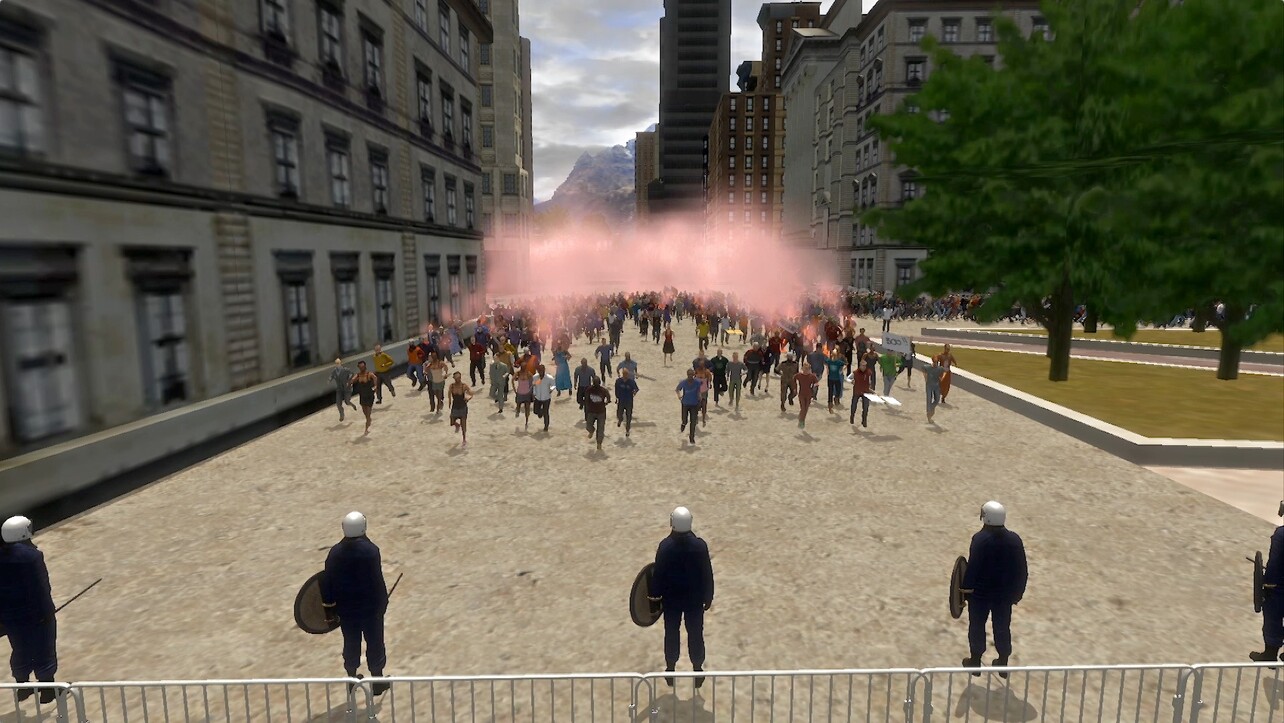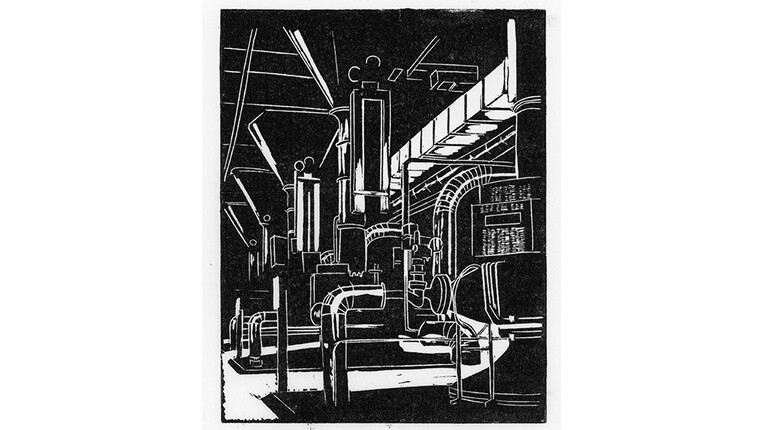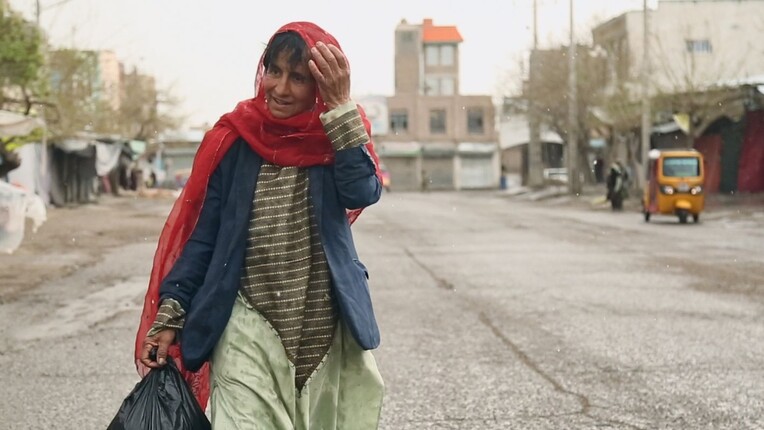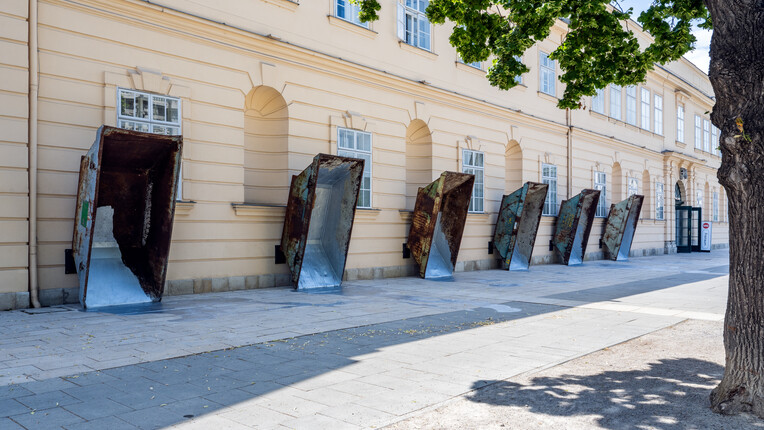
Stéphanie Lagarde: Déploiements (Deployments)
The work is part of the group exhubition "Under Pressure - On Forms of Authority and Decision-Making Power" at frei_raum Q21 exhibition space.
In Déploiements (Deployments), Stéphanie Lagarde shows stagings of state control systems in public space in the form of two simulation processes that, from a potential future, play out deployments in the present. We see pilots of the French air force rehearsing an aerial display for the French national holiday. With gestures, hand movements and a coded language they simulate the choreography of the upcoming air show. These images are combined with police training software that is used for monitoring demonstrations and crowds of people. This simulates a protest scenario and shows police tactical strategies, such as kettling. Both scenes anticipate future sequences/deployments of forces, one as conceptual and physical and one as algorithmic simulation. On the one hand, motion sequences and procedures are trained and automated according to certain patterns, on the other hand, future behaviour is both informed and controlled by pattern recognition in order to directly and indirectly restrict decision-making and the scope of action. The training software simulates authority, although there is neither physical contact nor violence in the simulation. The demonstration of the power of the nation state is conveyed through the rehearsed order of formations, mastery of technology and symbols (such as the smoke from the planes in the national colours). Demonstrations, on the other hand, are represented as disorder (chaos).
Stéphanie Lagarde is interested in the relationship between citizen and state, and she investigates identification and identity of citizens as patriots at the national air show, or as protesters in demonstrations. The increasing identification with the nation or the overvaluing of national identity or even nationalism seems to run in parallel with the growing mistrust of state institutions in many countries in Europe and in the USA. When tasks of the state are concentrated in the mandate of internal and external security, as the neoliberal agenda requires, the national (from the nation state) asserts itself as cultural identification and is subject to authoritarian claim. The surveillance state, on the other hand, simulates security.





